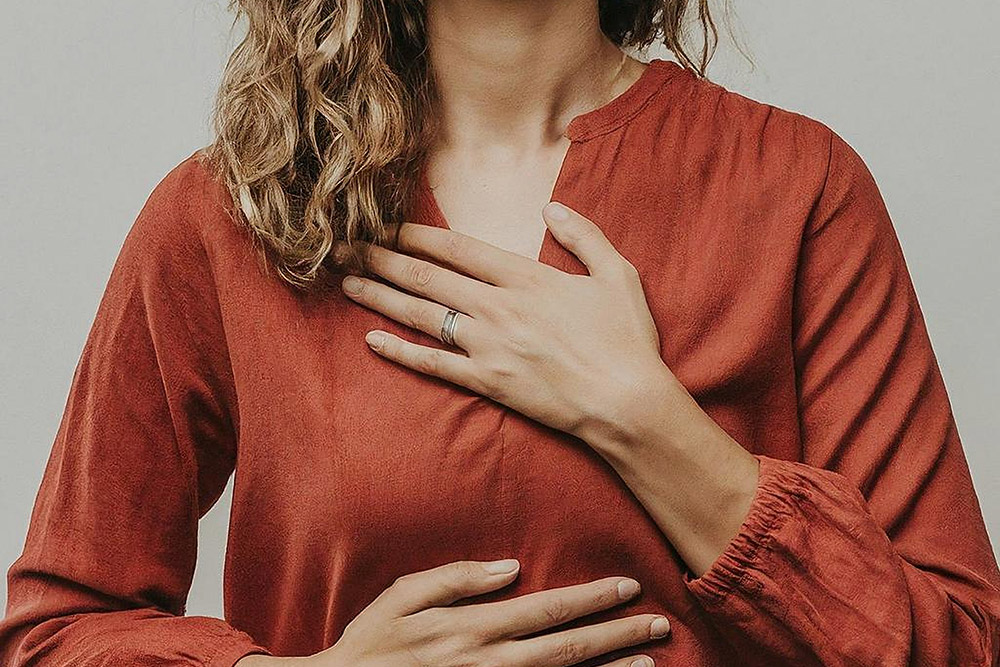Expert Treatment for Colonic Volvulus by Dr. Bharat Pothuri
Dr. Pothuri uses a step-by-step approach:
Medical History and Physical Exam
He reviews your symptoms, bowel habits, prior abdominal surgeries and risk factors (age, neurologic conditions, dehydration). Then he gently examines your abdomen for tenderness, distension and abnormal bowel sounds.
Imaging Studies
- Abdominal X-ray to look for a distended colon loop and the classic "coffee-bean" sign.
- CT scan of the abdomen/pelvis to confirm the twist, assess blood flow and check for complications.
Contrast Enema
If further detail is needed, a water-soluble contrast enema outlines the colon's shape and pinpoints the site of torsion.
Laboratory Tests (if indicated)
Blood work to evaluate dehydration, electrolyte imbalances, infection markers or signs of tissue injury from compromised circulation.
Frequently Asked Questions
How urgent is treatment for colonic volvulus?
Very urgent. The twisted colon can block blood flow quickly. Prompt treatment helps save your colon and prevents serious complications.
Is the endoscopic procedure painful?
No. You'll receive mild sedation, and most patients feel little or no pain during endoscopic decompression.
Can colonic volvulus come back after treatment?
Yes, recurrence is possible but uncommon. Surgical fixation or resection can be performed to reduce the risk of future twists.
Do I need to stay in the hospital?
If you undergo endoscopic decompression only, you may go home the same day. Surgical cases typically require a short stay of 2-5 days for monitoring and recovery.
When can I eat again?
Most patients begin with clear liquids and advance to soft foods within 1-2 days, depending on tolerance and procedure type.












